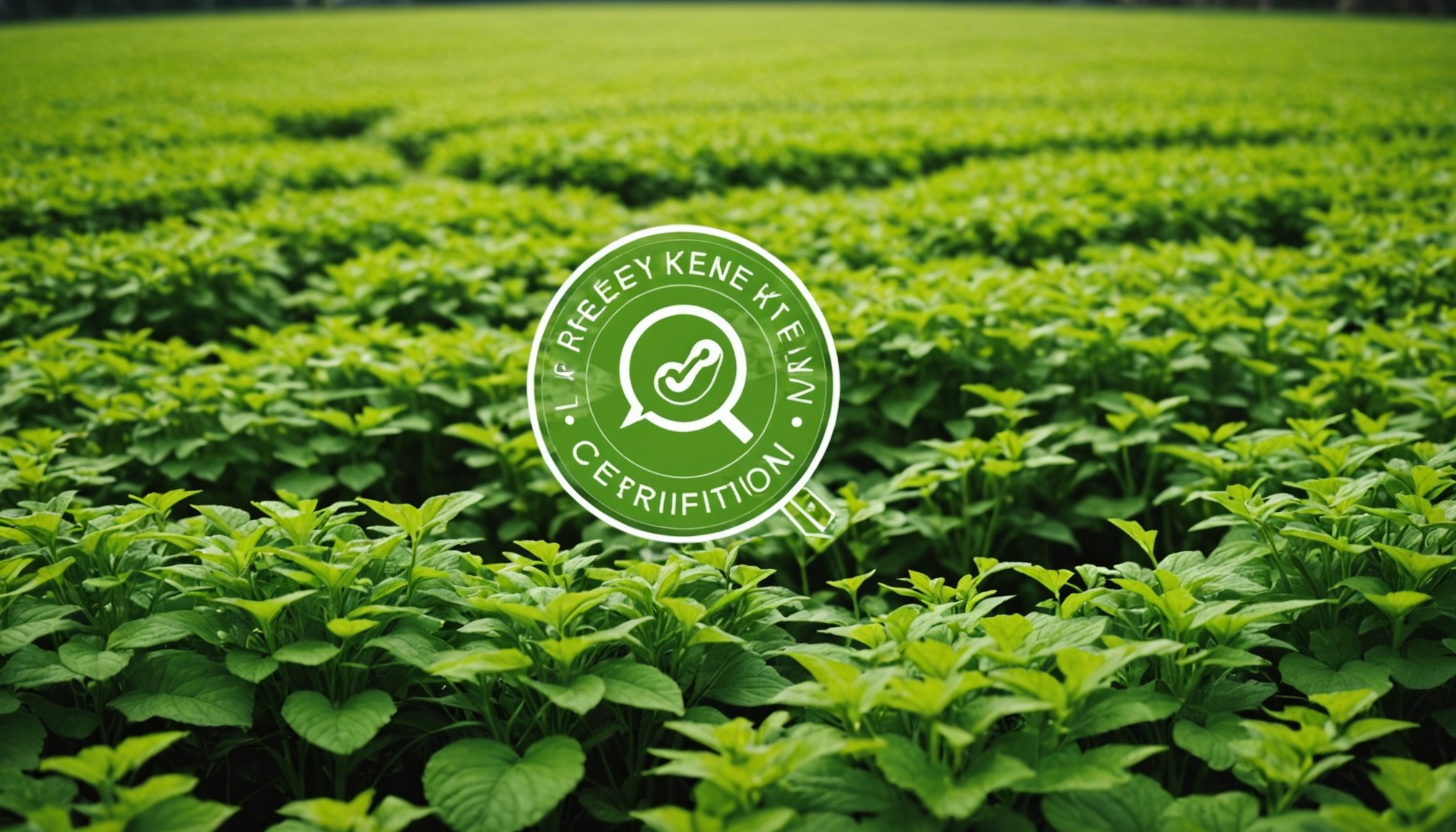Achieving Green Key certification demonstrates genuine commitment to sustainable hospitality. Understanding the specific criteria, application steps, and documentation streamlines the process. By focusing on the 13 core environmental areas and tailoring efforts to your establishment’s category, you increase your chances of success while contributing to a greener future. This guide simplifies requirements and offers practical advice to help you earn certification efficiently.
Understanding Green Key Certification in Hospitality
Green key certified signifies adherence to stringent environmental standards, attesting to a hotel’s commitment to sustainability. It’s a globally recognized badge that reassures guests about eco-friendly practices, influencing their choice to support environmentally responsible establishments. The certification process evaluates six categories—hotels, campsites, small accommodations, conference centers, restaurants, and attractions—covering 13 core areas such as waste management, water and energy efficiency, and staff training.
Also to see : Explore london”s majestic royal homes: your gateway to history with guided tours
Achieving the green key certified status involves fulfilling specific criteria, including imperative requirements and flexible guideline criteria tailored to participation years. The certification requires rigorous documentation, periodic audits, and continuous efforts toward sustainability. Notably, the process encourages operations’ improvement, emphasizing transparency and accountability.
More than 8,000 establishments across over 90 countries hold this seal, which enhances reputation and attracts eco-conscious travelers. For detailed information, you can view more details on this page: green key certified. This certification supports sustainable tourism, blending environmental care with business growth, with ongoing updates to stay aligned with evolving environmental standards.
Also to discover : Explore london”s premier locations for an unforgettable authentic english tea ceremony!
Eligibility and Application Process for Green Key Certification
Green Key certification eligibility is anchored in meeting strict environmental standards designed to foster sustainable hospitality certification. Establishments such as hotels, hostels, campsites, holiday parks, small accommodations, conference centres, restaurants, and attractions are able to apply if they wish to showcase commitment to sustainability. The initial step in the Green Key application procedure is to determine if the business type and location are aligned with the international Green Key standards or a national programme operator’s requirements.
Applicants must undertake a self-assessment using the comprehensive Green Key certification checklist. This self-evaluation benchmarks current operations against over seventy-five imperative and guideline criteria—covering themes including energy efficiency in hotels, water conservation techniques, and waste management for hotels. Preparation involves gathering comprehensive Green Key certification documentation, ranging from sustainability policies to records on staff training for eco-certification and evidence of customer engagement for sustainability.
Once documentation is ready, submit an application for an audit—either with a national operator or, if unavailable, through Green Key International directly. Following these steps to achieve eco-label certification, establishments undergo a third-party onsite inspection. Only after demonstrating alignment with hospitality sustainability guidelines and best practices for sustainable facility operations can an establishment receive the Green Key label.
Steps, Criteria, and Inspection Procedures
Application and Self-Assessment
The Green Key certification process begins with an online application via national or international Green Key channels. Applicants review the full criteria, which detail rigorous environmental standards for hotels across 13 core areas. Using the Green Key toolkit, hotels perform a self-assessment to benchmark current practices against sustainability guidelines mandated by the certification.
Core eco-friendly hotel certification requirements encompass energy efficiency in hotels, water conservation techniques, waste management for hotels, and staff training for eco-certification. Establishments ensure organizational compliance with best practices such as sustainable waste reduction strategies, responsible water-saving initiatives for hotels, and effective energy-saving lighting systems. The hospitality sustainability guidelines demand evidence of integrating sustainability into hotel operations prior to audit.
On-Site Audit and Evaluation
A third-party inspector then conducts the on-site audit as the next step in the Green Key application procedure. The audit verifies adherence to the sustainable hospitality certification standards listed in the comprehensive certification audit checklist. Auditors examine documentation, interview staff on environmental training modules, and scrutinize facility management details—energy audits for hospitality industry and sustainable food and beverage procurement are common focus areas.
Hotels should prepare for Green Key inspection by ensuring environmental compliance for hotels and readiness to demonstrate measurable improvements.
Certification Award and Renewal
After successful audit completion, the Green Key label is awarded. Thereafter, participants must actively pursue ongoing improvement and adhere to the Green Key renewal process, meeting new and escalating criteria for sustained certification. Annual reviews assess progress, with continued emphasis on sustaining the eco-label benefits for businesses and showing advances in hotel environmental management best practices.
Benefits, Practical Tips, and Real-Life Examples
Green Key certification process offers measurable advantages for hotels striving to enhance sustainability. Adhering to rigorous environmental standards for hotels, certified establishments see stronger market appeal, operational cost savings, and a boost in brand credibility. For instance, achieving eco-label status aligns with rising guest expectations for responsible travel while paving the way for positive recognition.
Continuous improvement is integral: staff training for eco-certification and effective waste management for hotels drive daily progress. Following the criteria for Green Key award ensures targeted action in areas like energy efficiency in hotels and water conservation techniques—contributing directly to business resilience. Integrating green hotel marketing strategies raises your sustainability profile, attracting eco-minded travelers and business partners alike.
Practical steps—such as regularly reviewing the Green Key certification checklist, conducting energy audits for the hospitality industry, and using eco-friendly cleaning products—increase your readiness for the Green Key inspection. Hotels reporting sustainability improvements, like reducing single-use plastics or adopting water-saving fixtures, frequently excel in long-term Green Key renewal process assessments.
Learning from sustainable facility operations at successful Green Key certified hotels highlights best practices: embedding renewable energy use in hotels, empowering hotel staff sustainability engagement, and maintaining transparent hotel sustainability reporting. These actions foster continual progress and lasting environmental impact.











